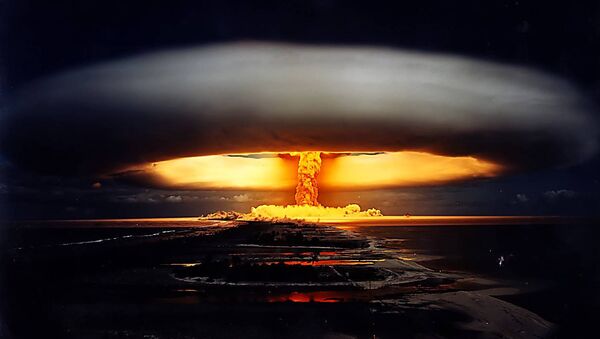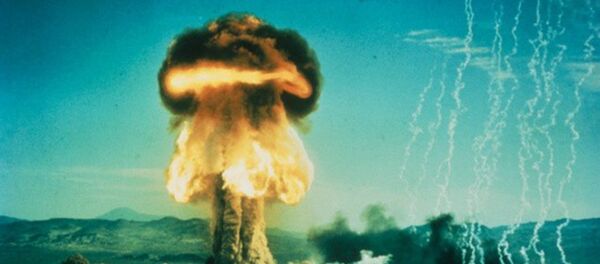Known as Carte Blanche, they lasted six days and involved eleven nations, which dropped more than 330 tactical nuclear bombs.
"Tactical nukes packed a smaller yield than their larger strategic cousins. The logic behind using them held that the weapons were large enough to offset NATO's disadvantage against the conventionally superior Soviet forces," Adam Rawnsley explained in an article published by the War Is Boring website.
The results were dreadful: the conflict was estimated to have left 1.7 million dead and 3.5 million wounded in Germany alone.
Carte Blanche "shocked and horrified citizens in NATO countries, especially in West Germany – ground zero for any war with the Soviets, and alarmed their leadership. For years afterward, Carte Blanche shaped attitudes toward nuclear weapons and their role in defense of Europe," Rawnsley asserted.
Following the war-games, British Air Commodore Peter Wykeham-Barnes said that in tactical nuclear warfare the attacker was the likely winner. This could be the reason why the US and their NATO allies still refuse to abandon the no first use (NFU) policy.
NATO described nuclear weapons as a core component of its deterrence and defense capabilities. "As long as nuclear weapons exist, NATO will remain a nuclear alliance," the bloc reiterated in 2012.


